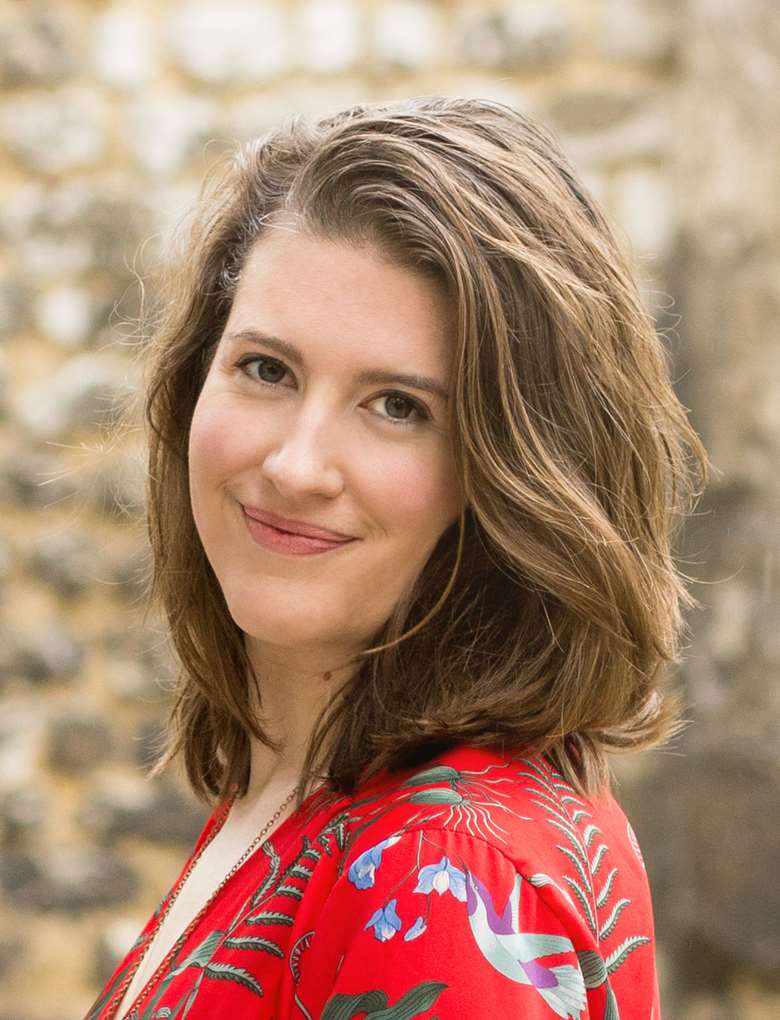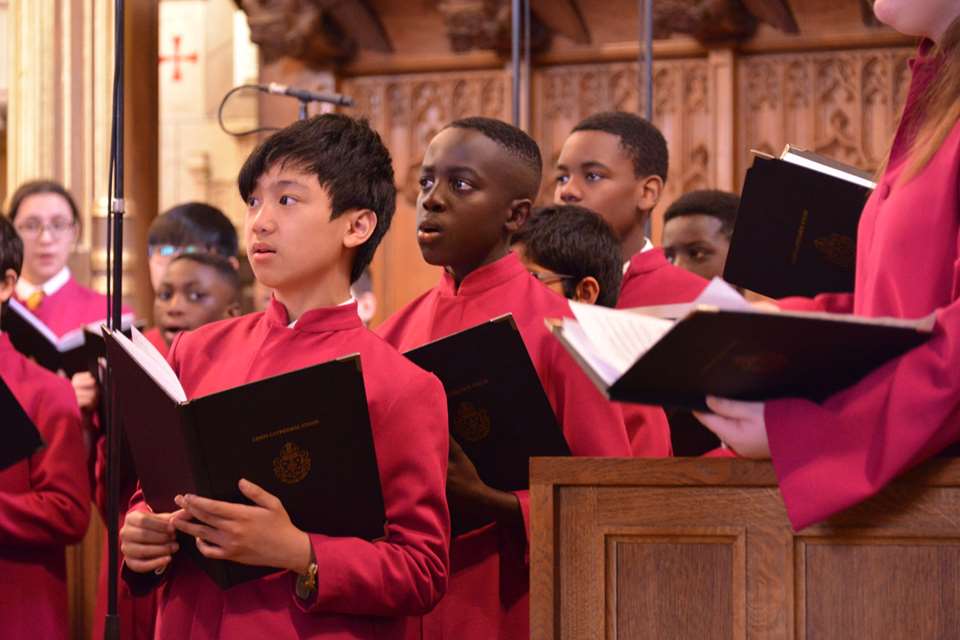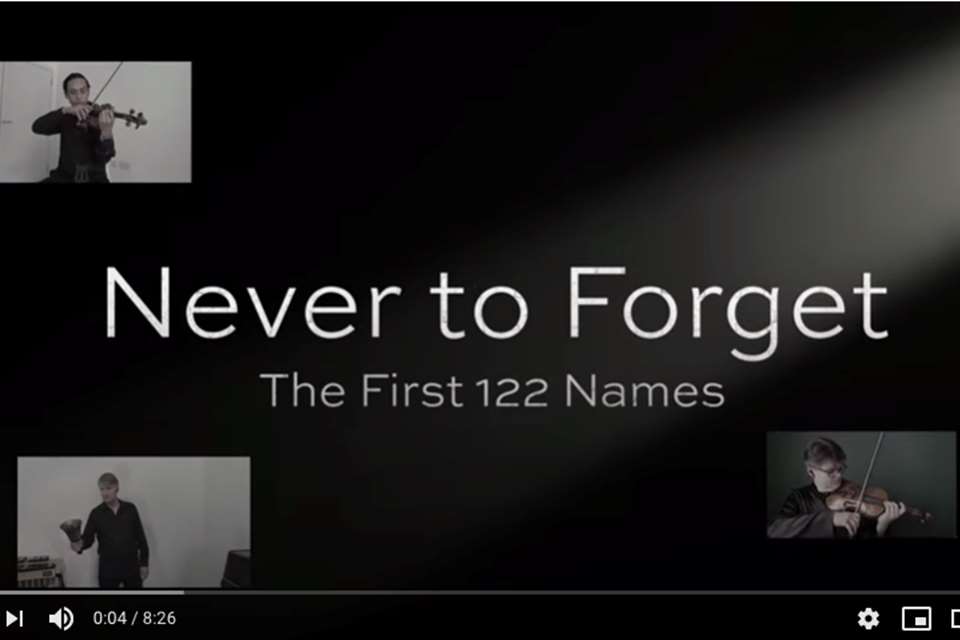That Time I Decided to Quarantine With a Pianist
Katharine Dain
Thursday, November 26, 2020
Katharine Dain reflects on one positive consequence of life in lockdown: 'Our best work needs slowness, space to ask questions and wait for answers, and patience with our brains and bodies as they adapt to new information'

Register now to continue reading
Thanks for exploring the Gramophone website. Sign up for a free account today to enjoy the following benefits:
- Free access to 3 subscriber-only articles per month
- Unlimited access to our news, podcasts and awards pages
- Free weekly email newsletter










